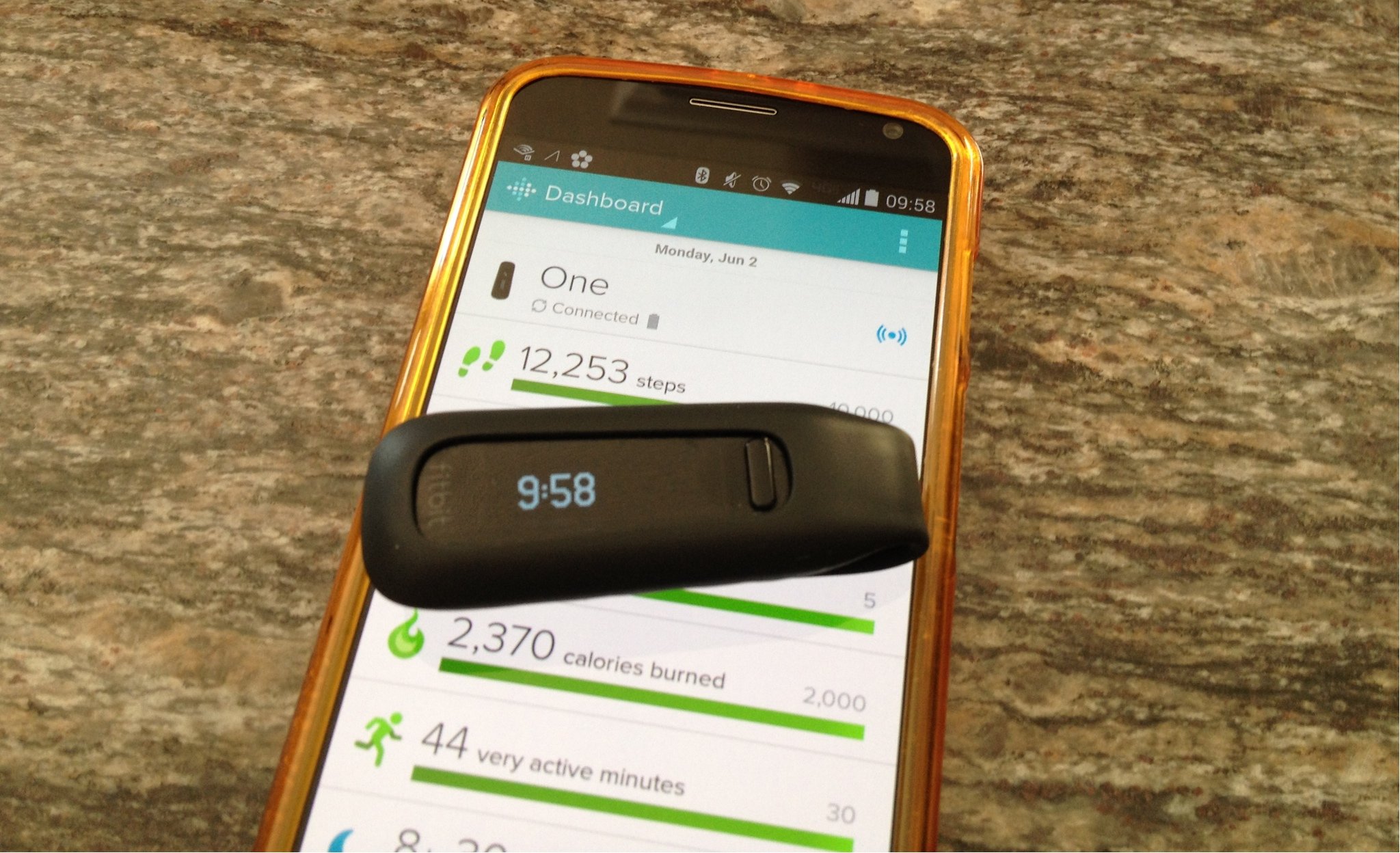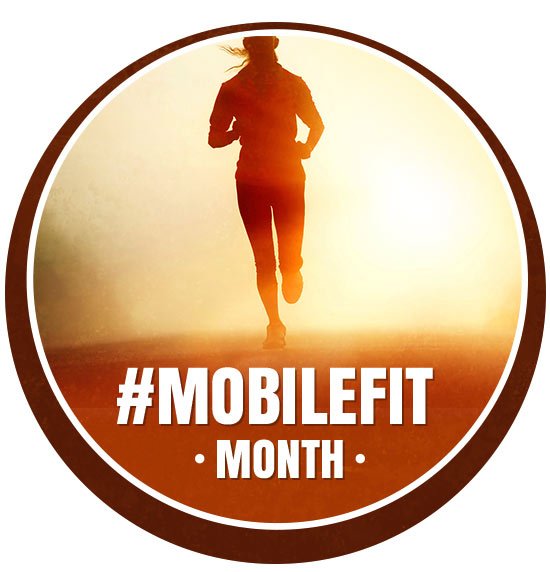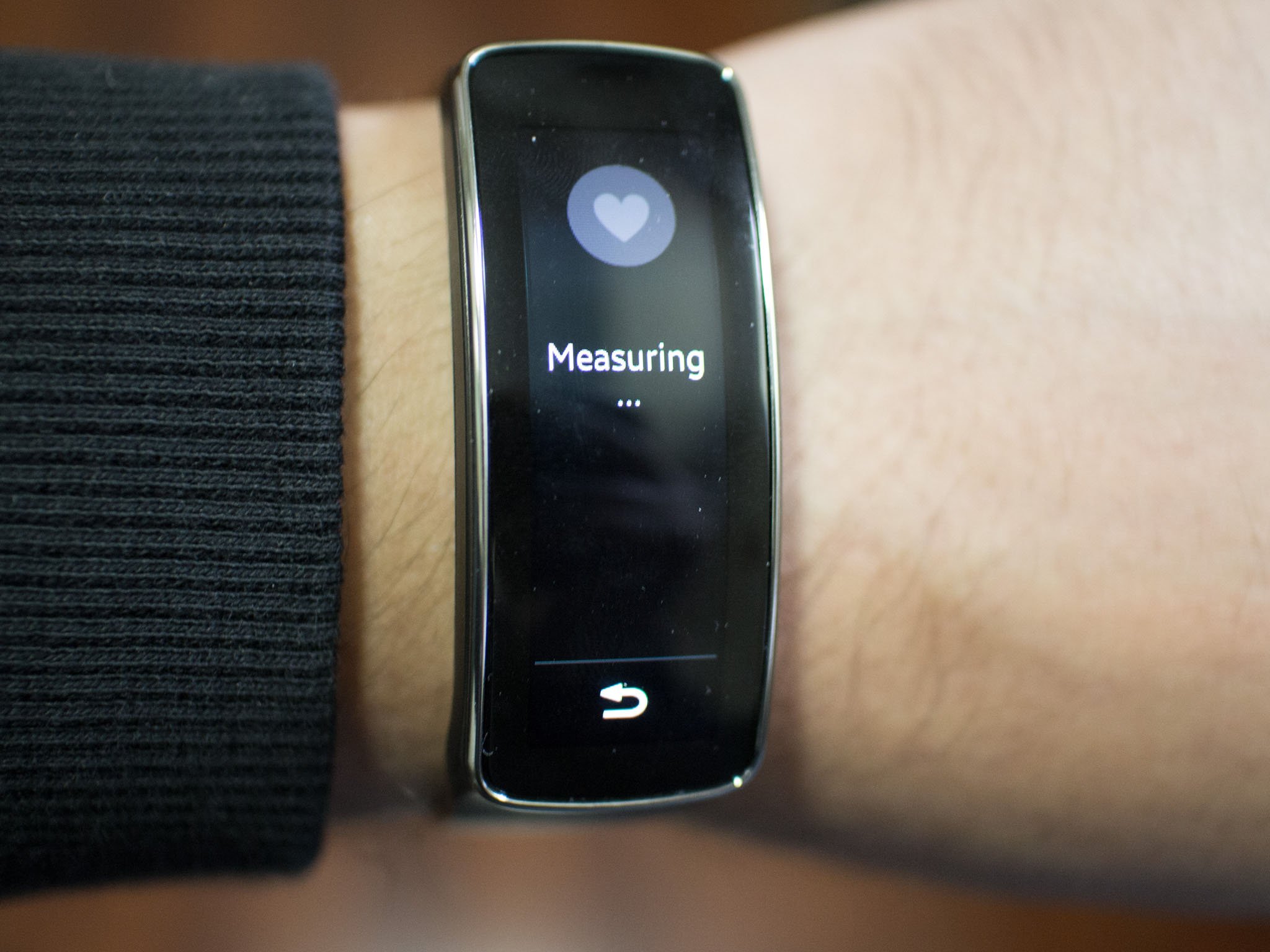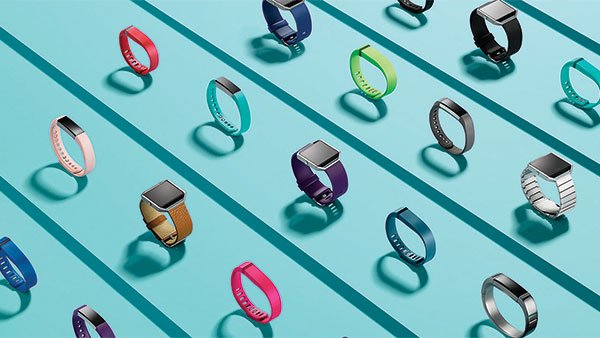Why you should buy a fitness tracker


It's #MobileFit Month here at Mobile Nations, and that means we're looking at all of the best devices to get you fit and healthy. A big part of that group is of course, fitness trackers.
There are people who like to exercise and those who avoid exercise at all costs. The exercising group may be more willing to strap on a fitness tracker, however we'd argue that those who avoid exercise are the ones that would benefit much more. In fact, it seems the non-exercising group are the ones that should consider buying a fitness tracker.
Stepping back with a brief explanation for that logic — the group that enjoys exercising likely doesn't need the extra motivation that a fitness tracker can provide. As a runner and a Fitbit user, a low step count only tells me something I already know, that I took a rest day. One of the big perks of using a fitness tracker is motivation. This comes by simply watching the step count rise throughout the day, and extends to the social aspect. Both of those could help to encourage someone to take a few extra steps during the day. Maybe say, by parking a little further from the store, or by taking the stairs instead of an escalator or elevator.
If you are the type that goes from home to work and back home spending your day at a desk — you may be surprised at how few steps you are actually taking
On a simple level, fitness trackers provide an easy way to keep track of your daily steps as well as other points such as calories burned, water intake, sleep and more. Some of them, such as the Jawbone UP app, also allow you to keep track of your food intake. More often than not the data is presented in colorful charts and graphs. That means it should be appealing and easy to read for everyone.
Thoughts of recording these details, and looking at charts and graphs does bring thoughts of the quantified self movement, but there may be something a bit simpler than getting a fitness tracker and jumping full swing in to that movement. Similar to how someone would be told to keep a food diary if they are trying to diet and lose weight — wearing a fitness tracker and paying attention to the data will make you more aware of your activity. Or more accurate in some cases, your inactivity. If you are the type that goes from home to work and back home spending your day at a desk — you may be surprised at how few steps you are actually taking. It isn't hard to find ways to take extra steps during the day, but on the flip side, it is surprisingly easy to take very few steps.
Those who do pick up a fitness tracker should follow one bit of advice to get started — you don't have to start wearing the tracker and immediately going out for extra walks. You should go about your normal routine the first few days of wearing a tracker, this way you get a baseline of your true activity. Once you have an idea of what you are doing per day, then you can find ways to make changes and begin getting the extra steps. Possibly even looking to get that magical 10,000 steps per day down the line.

Coming with the motivation aspect, many of these fitness bands offer badges. These badges are only virtual, but they should still be fun to get, and fun to share with friends when you feel like doing a little bit of bragging. Using Fitbit as an example and you could get badges for reaching a record number of steps per day or a record number of stair floors climbed per day. Fitbit also has badges for lifetime achievements. For #MobileFit Month we even setup a Fitbit group so you can see how you stack up against other Mobile Nations readers.
iMore offers spot-on advice and guidance from our team of experts, with decades of Apple device experience to lean on. Learn more with iMore!
We made the point earlier and even talked about it on our #MobileFit Month Kickoff Show, but it seems worth stressing; using a fitness tracker could provide the extra push that will get someone off the couch, away from the television and out for some exercise. A short walk before bed could be swapped for the couch and television time. Those looking for the entertainment aspect could take that walk with some headphones listening to a podcast or an audiobook. And remember that exercise will likely improve your health, and possibly lead to the loss of a few pounds. In the end a bit of exercise should help to improve the body and the mind.
Using a fitness tracker could provide the extra push that will get someone off the couch, away from the television and out for some exercise
We've already mentioned how there is some benefit from strapping on a fitness tracker, but a good amount comes from the mind. Remember that simply knowing what you are doing helps. Perhaps the harder side of making this decision is which fitness tracker you should buy. There are plenty of available options, including some from Fitbit, Jawbone, Garmin, Nike and others. Most of the bigger names share the common basic features, and some add in perks such as heart-rate monitoring. But while the features may vary a bit from device to device, the good news is that you should be able to pick up a tracker for about $100.
This brings another reason to buy a fitness tracker. They are relatively inexpensive. Well, to be honest, the (roughly) $100 is a good chunk of change, but we'll consider that further motivation. After all, if you are willing to step up and spend the money you are more than likely going to be looking to get your moneys worth and that means continued use, which ultimately will get you paying attention to your daily activity and hopefully making changes to improve that daily activity.
- Purchase a fitness tracker at Amazon
- See all the latest stories from #MobileFit Month
This article originally published on Connectedly as part of #MobileFit month

○ Fitbit Buyers Guide
○ Fitbit Users Guide
○ The Best Fitbit to Buy
○ Fitbit News
○ Fitbit Forums
○ Buy on Amazon

